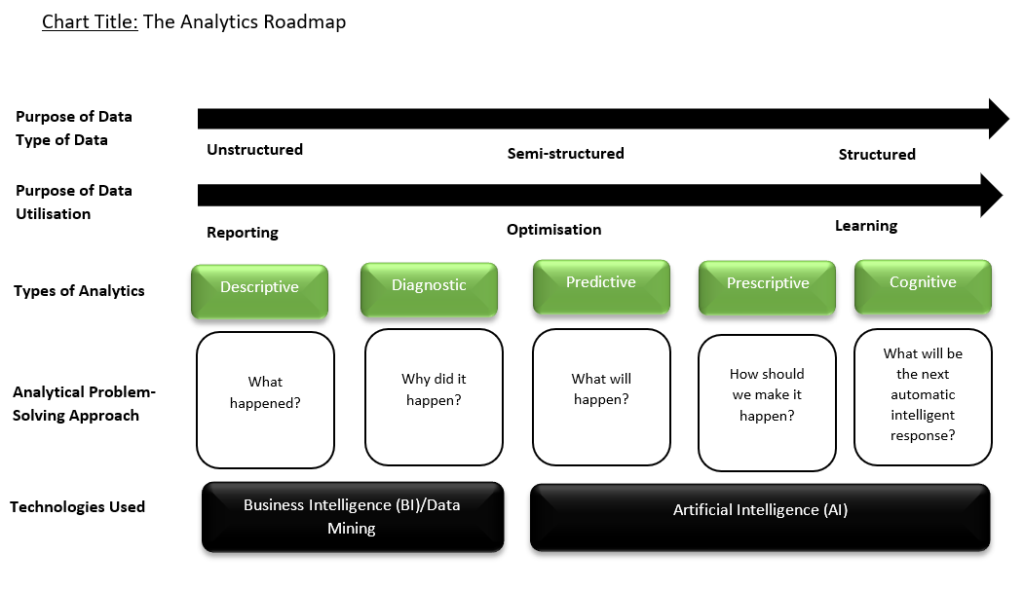With the volume, variety, and velocity at which the data is growing, it is becoming common that organisations are finding it extremely difficult to store, compute, or analyse this data for timely and accurate decisions through conventional IT landscape.
To address this problem of data explosion, organisations are increasingly leveraging Big Data and Analytics. Data is the catalyst that drives an organisation’s digital transformation. Several organisations are making this data rightly useful for automating and digitalising their business processes. Digitalisation is an ongoing journey that seeks to improve the ways and means in which we access, manage, and get the utmost insights from that data.
Most organisations that have been in business for more than 5 years typically commenced the journey with isolated data silos. This limited visibility of critical information that drives decisions and processes, often resulting in conflicting, duplicate, redundant, or inconsistent data points. Clearly, organizations have missed the advantage of working with a ‘single version of the truth’ due to the mixed inputs from various sources.
As a solution to this, organisations must collate and build a strategy to store, years of data both structured and unstructured, in a centralised repository and build what is referred to as a data lake or data warehouse. This enables the organisations to have a single, source of truth. Security in no way can be considered as a corollary or an afterthought and needs to be intrinsic. Organisations need to strengthen data security and plug vulnerabilities through robust user identity and access controls.
Data in the data lake needs to be aggregated, optimised in addition to enhancing flexibility of the data. This curated data is recommended to be made available and accessible across an organisation, so that through this data, organisations can answer the business question, on “What happened” and “What will happen”? Adding predictive capabilities for the most likely future scenarios and its possible business implications.
The building of an Integrated Data Platform will offer swift and simplified data access, with self-service analytic tools, data exploration and visualisation tools, in addition to advanced analytics. The platform enables users to generate on-demand insights and collaborate for maximised business value by answering the prescriptive question, “How should we make it happen?” The answer to this question helps transform the way organisations work, realign and redesign business models, taking advantage of new business opportunities and attendant revenue streams – all based on outcomes and recommendations guided by data and analytics.
With every iteration and new capabilities, Digital Transformation is getting better, permitting various pure-play service providers to leverage capabilities better. KashSam possesses not just the Products, but the expertise to help organizations use analytics as a catalyst in their digital transformation journey. Virtually every facet of business – the speed, the accuracy and efficiency of decision-making, operational efficiencies and overall business performance can benefit from the power of analytics. Innovation is the flutter that makes inventions better, and KashSam can help organizations embrace success with innovative solutions.



Leave feedback about this